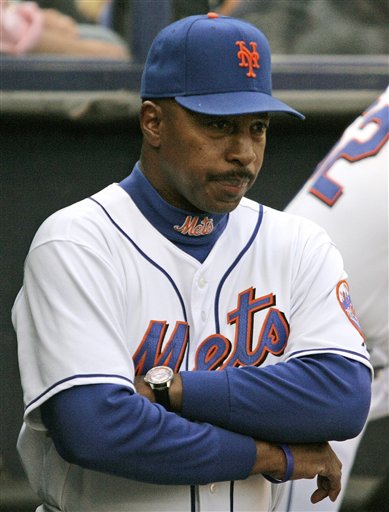
Movie I Should Have Seen Years Ago: Kingpin
For some reason I continue to end up watching Farrelly brothers that I'm almost guaranteed to not like, because they represent everything I don't like about movies. Well, not everything. Just some things. Anyway, as harsh as this starts out, and as much as I thought Kingpin was pretty mediocre it was certainly better than There's Something About Mary for several reasons.
Most importantly, there was no "Ben Stiller character" - Woody Harrelson as clumsy and kind of stupid as he plays, sure beats the hell out of any lack-of-common-sense-puts-his-foot-in-his-mouth-hates-everything-adventerous Ben Stiller character. Honestly, that single-handedly made the movie tolerable. Also, Bill Murray is definitely good as the villain and the really silly gross-out stuff doesn't take as long and isn't as stretched out although it definitely comes up here and there - I required no more sights of Woody's landlord flipping her tongue around, and yes, Randy Quaid's amish background led to plenty of scenes with him doing ridiculous things, but thankfully most of them were over quickly and didn't take the five minutes of the scene in There's Something About Mary where Ben Stiller gets his zipper caught. Also, I have to say, I kept expecting the movie to be really cruel to the Amish, such an easy target, but for the most part, though there of course were jokes, they were largely not particularly harsh - I almost feel like a Farrelly Brothers movie is like a South Park episode if you left the plot but made it sweet and light hearted instead of cutting and self-righteous.
That said, do I still think it was a very good movie? No, not really - I didn't really laugh, and though maybe one day I'll find out, it doesn't seem like it would gain too much on repeat viewings. But it was okay, I suppose. And honestly, considering my feelings about the Farrelly Brothers in general, that's a compliment.
A couple of notes:
I don't get the deal with Chris Elliot's character - he appears twice in the movie (so far as I remember anyway) once as paid by Woody to fake rob his landlord, but then again at the end as a rich gambler at the craps table, yet Woody doesn't recognize him at all. If there is a reason he is in that casino that is not just completely random, I would love to know.
Again, more Farrelly Brothers with their random use of cult artists in soundtracking - Freedy Johnston's minor hit Bad Reputation finds its place, and Johnston himself is listed as the composer of the movie's soundtrack. Jonathan Richman also makes an apperance, as well as (of the less cult variety) John Popper as the Amish singer at the end and Urge Overkill performing the national anthem at the bowling tournament. Also, an excellent use of ELO's Showdown during the match up between Bill Murray and Woody Harrelson at the end.
With the whole recent controversy about the runner with prosthetic legs trying to be allowed to try out for the Olympics, it made me question the legality of using a rubber hand at a bowling tournament - couldn't this easily have given him an unfair advantage - maybe no sweating, easier to be consistent? Or maybe I just don't know enough about bowling or prosthetic hands.
I also always love the use of real-life sportscasters broadcasting fictional events, including here Chris Schenkel and Jon Dennis, who I didn't know, and of course Chris Berman, and the Farrelly Brothers continued use of casting random athletes such as Roger Clemens role as the redneck with whose girl Randy Quaid is dancing.
It's just bad luck as well for Kingpin that The Big Lebowski came out two years later and will always leave Kingpin in the dust as far as bowling movies go.





